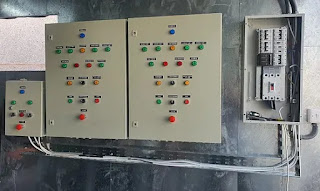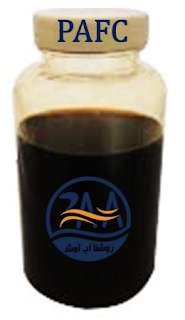
Prestige Descale RO Unit with Integrated Water Filter The Prestige Descale RO Unit with Integrated Water Filter is an advanced water filtration system designed to provide households and businesses with clean, safe, and high-quality drinking water. This unit combines the efficiency of reverse osmosis (RO) technology with an integrated descale filter, offering a comprehensive solution for water purification. Key Features: Integrated Descale Technology : The unit features a built-in descale filter, which removes scale-forming minerals like calcium and magnesium, preventing limescale buildup in pipes and appliances. This enhances the longevity of the system and improves overall water quality. Reverse Osmosis Purification : The RO technology effectively removes contaminants such as heavy metals, chlorine, pesticides, and microbial impurities, ensuring pure water that meets or exceeds health standards. Compact and User-Friendly Design : Designed to fit seamlessly into mod...
















